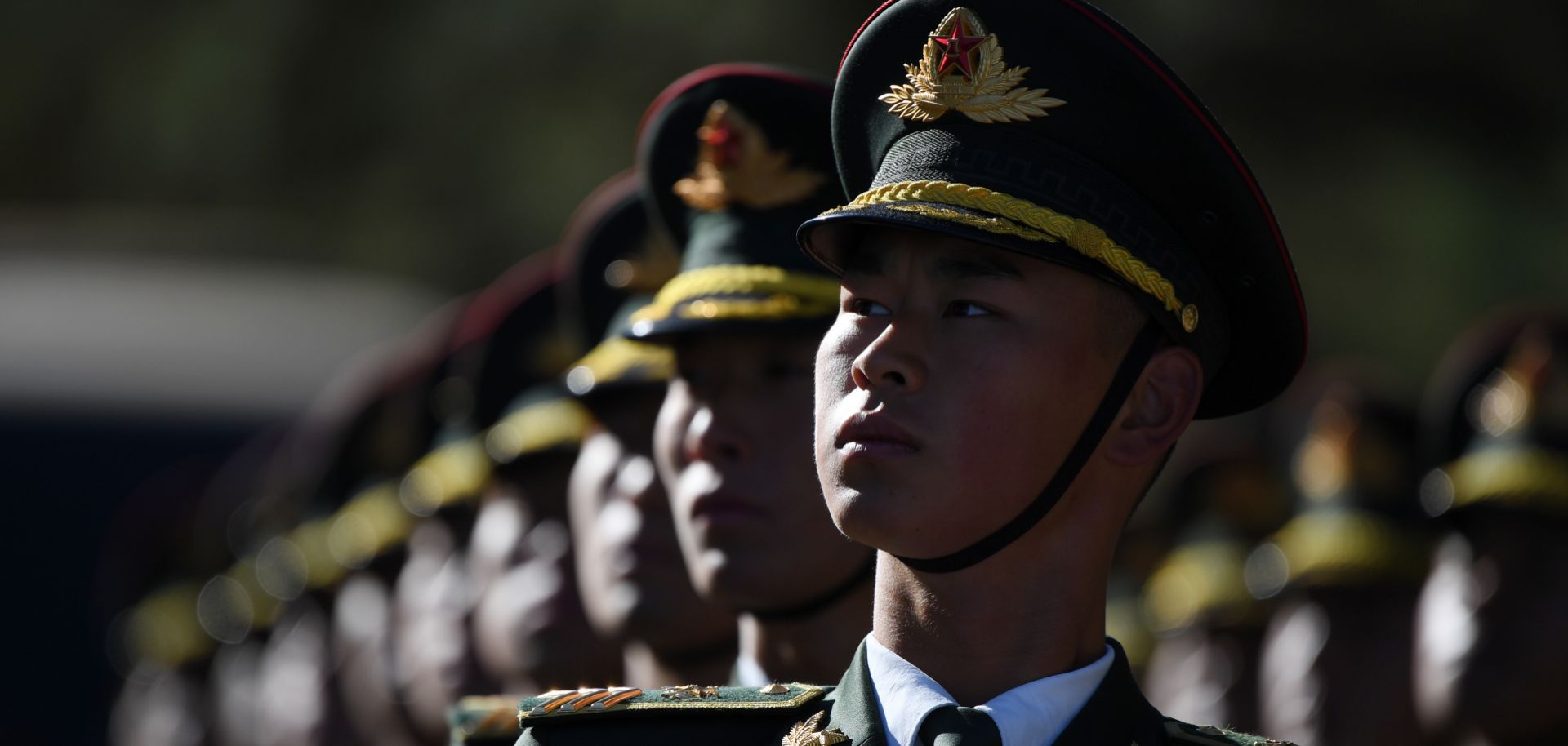The most useful analysis on the future of warfare highlights how cultural, institutional and professional biases can cloud objective thinking on forthcoming military conflict. For example, analysts often fall into the same trap: imagining the conflicts they would like to fight rather than the conflicts that are most likely to transpire.
Nevertheless, analysts cannot shy away from thinking about the future; after all, it really is their core business. In a recent paper that was meant to be a discussion starter inside the European Union's institutions, I made a long list of assumptions about the future of warfare. Building on this issue, here is an overview of what analysts view as the main uncertainties pertaining to warfare for the next decade. These are issues experts normally cannot agree on, yet are decisive for the future trajectory of big global trends....

